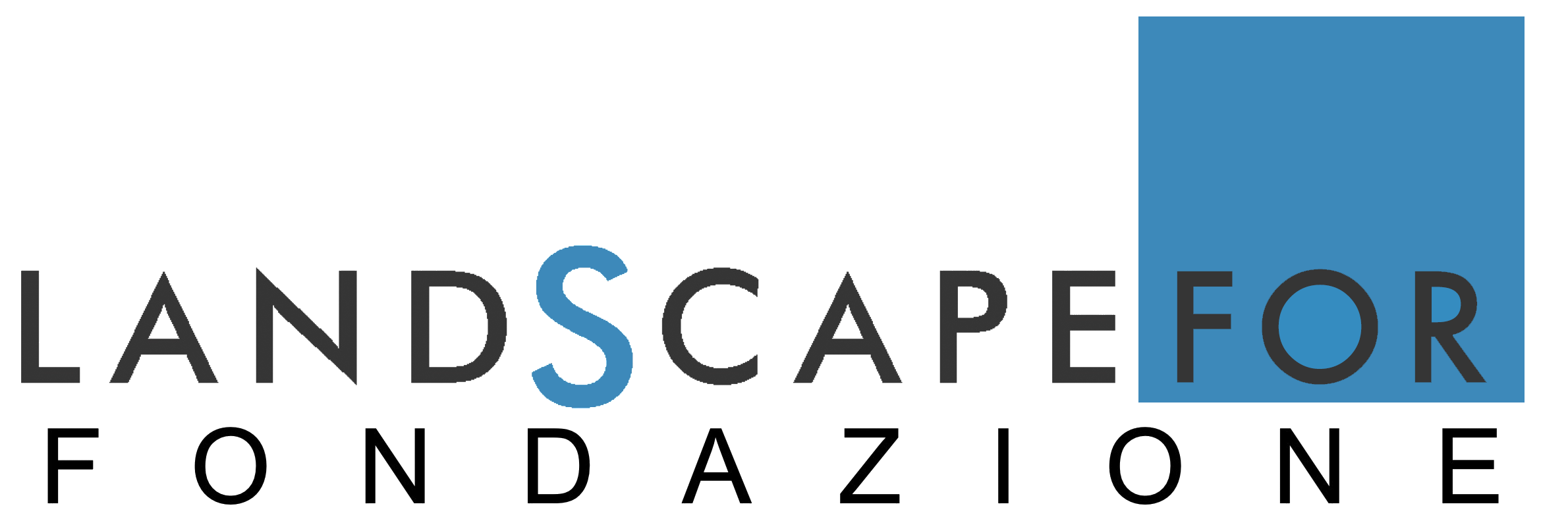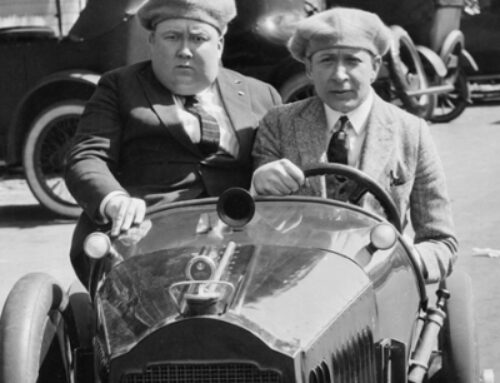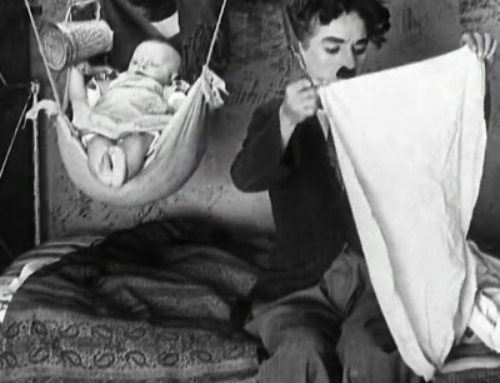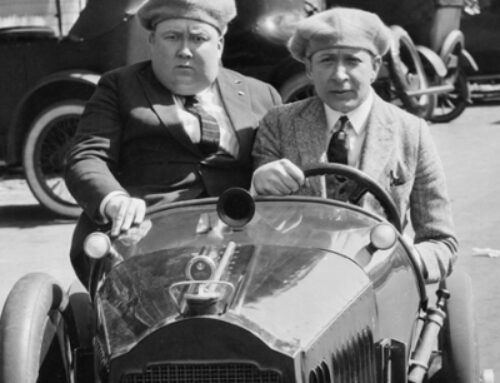Foreword:
the question
- to date, Ukrainian guests fleeing the war who have arrived in Italy number more than 70000, 40/50% women and the same number of children and young people up to the age of 16, who have fled from medium or large cities, probably from middle-class backgrounds and at least average culture;
- more than 90% of them are now hosted by families and have not passed through a public facility except for sorting;
- arrivals of 500,000 or more are expected, with similar women/children ratios, for the majority of whom the problem of non-family hospitality will probably arise;
- however, over 90% expect to return as soon as conditions are right;
- even if the war does not last long, returns are likely to be complex and not immediate, so it makes sense to think of a year of services needed for 4/500,000 people, half of whom are school-age children (almost all in compulsory education);
- Of these, approximately 60/70000 are expected in Piedmont, and half in the Turin area, where more than 15,000 women and as many children will arrive (a quantity similar to the number of foreign children in first-cycle schools in Turin today).
- The offer of hospitality is varied and effective with regard to the first effects and the absorption of trauma, but it does not seem coordinated, articulated as it is in a thousand initiatives of the third sector and by a few institutional presences.
Even for the framework of basic logistical information, the first reception sites, which operate at a national level, seem efficient
On the other hand, very few services are projected to the post-emergency period, when temporary hospitality must settle in, the lack of work and money is felt, the children are refreshed but do not know what to do, as they do not understand Italian and little English (both young Ukrainians and young Italians).
This is why it is necessary to cover the post-emergency period, offering not only the numbers and places of first aid, but also those where children and adults can find companionship beyond the language, where they can find support in tracing their identity and thinking about when to resume life in the places from which they left.
In this sense, the Miur circular on reception procedures in schools is interesting, where the way of welcoming children is also articulated in relation to their cultural autonomy and the possibility of linking up with their school history and not imposing our own.
To meet the needs of this intermediate period, Atlasfor Ukraine is ready:
interactive online maps to help improve hospitality after the first emergency.
Atlasfor Ukraine is a Ukrainian (and English) version of Atlasfor, a free webapp that allows you to have on your mobile phone
a map of the city where you are staying with explanatory cards of the services that may be useful (not only for the first need but also for a longer stay e.g. for sports, music, meeting points, markets and dedicated businesses, transport etc.)
a very concise functional and cultural-historical presentation map of the host city, including peripheral areas.
In addition, those interested can access a self-managed group (monitored by a tutor) in which everyone can directly enter, locating them on Atlasfor
information, problems, opportunities of the neighbourhoods or countries where they are now located;
pictures of their home town, with a short commentary.so as to form an Atlasfor Ukraine to return to, where each refugee presents their home (as they left it) to the world.
Atlasfor Ukraine is a service that will be activated free of charge from the beginning of April in Turin and Genoa, and
can be extended to all interested European cities (the local administration should promote it).
In cities where Atlasfor Ukraine is activated, it is necessary to
– establish collaboration with municipalities, schools, universities, associations in the third sector that deal with the problem for cultural and social aspects, studying together how to optimise the use and implement the contents of the atlas.
For example, Atlasfor can be used to include young people in the training groups of the various adolescent sports, and/or for the DAD to be used for those who must complete their studies in Ukrainian, and/or to build a site presenting Ukraine in Italy, with the contribution of the stories of those who have escaped.
– to involve those who are dealing with the first reception and all the other subjects that can trigger word of mouth to make Atlasfor known to all refugees for the long and uncertain subsequent phase, when the first needs have been overcome and one must face exile, in which one must live as normally as possible, having in one’s heart the return and reconstruction.
– Involve those who provide services so that they make the form to put on Atlasfor, presenting their offer, with all references (location and web addresses, timetables, offer specifications, etc.) and report any news. This task costs less than half an hour.
– Appoint at least one tutor for each large city, who is bilingual in Italian/Ukrainian and who will take charge of translating the offers as they arrive and administering the interactive part of the site (to prevent bogus, compromising information etc.).
https://atlasf.eu/s/toforucraina




